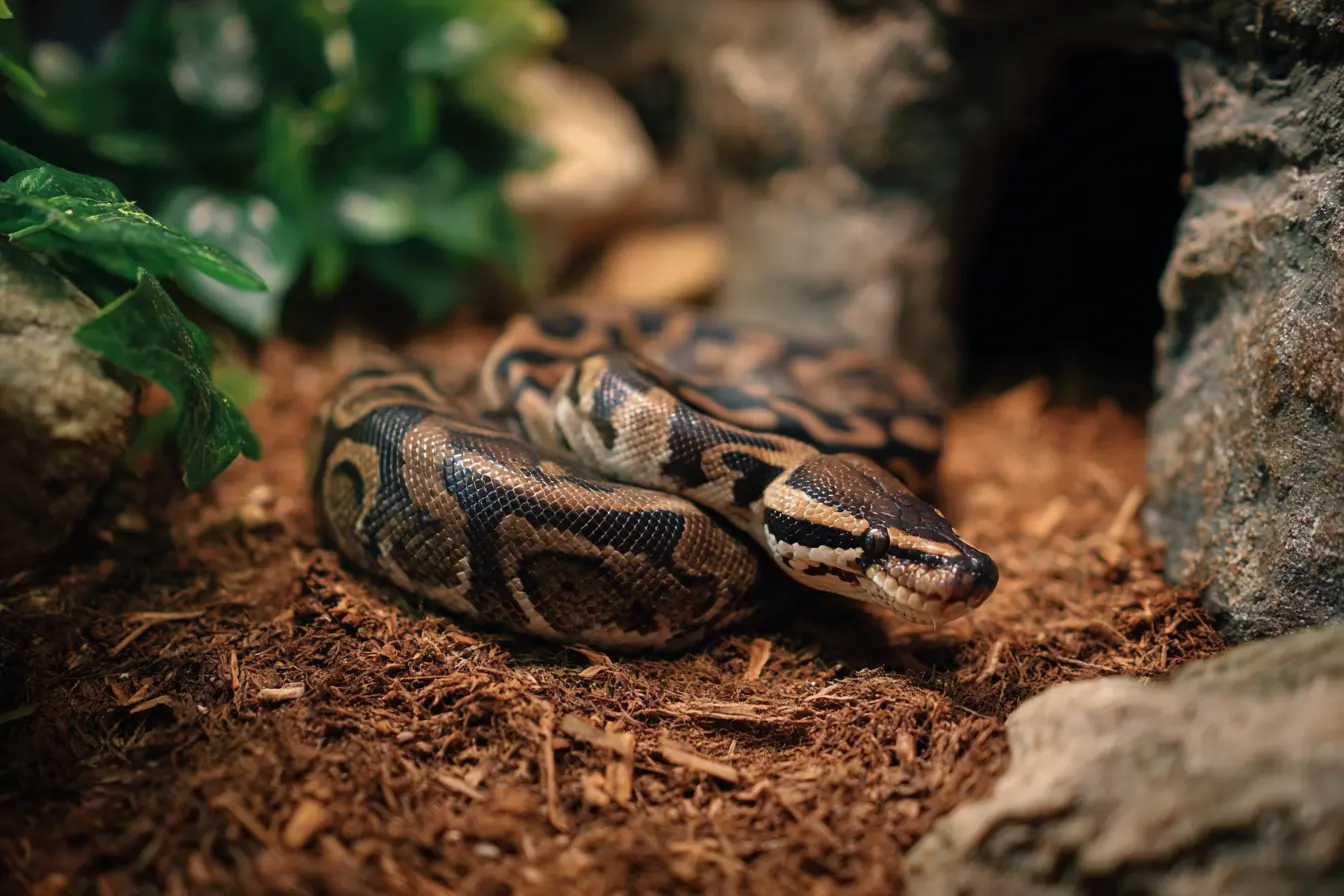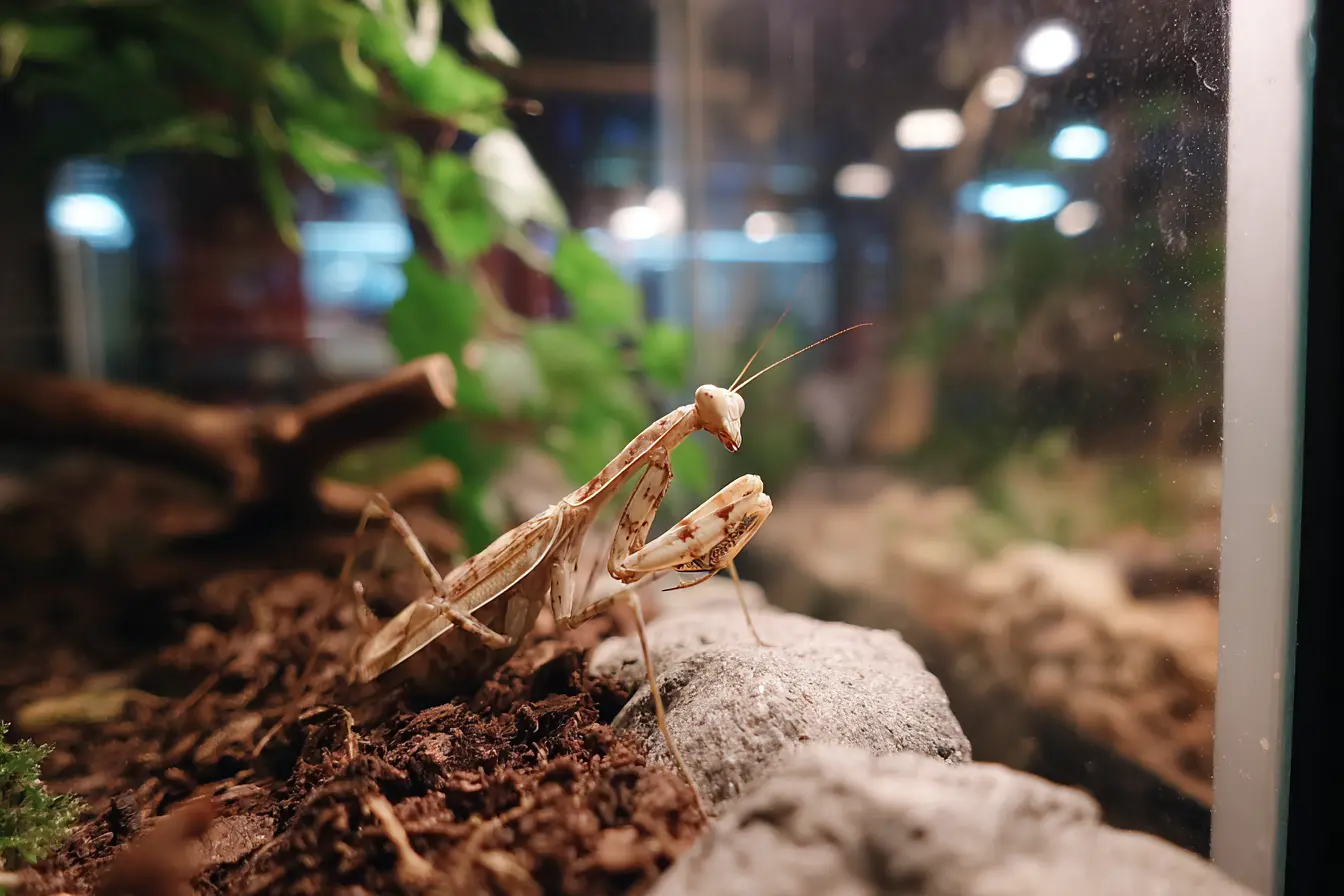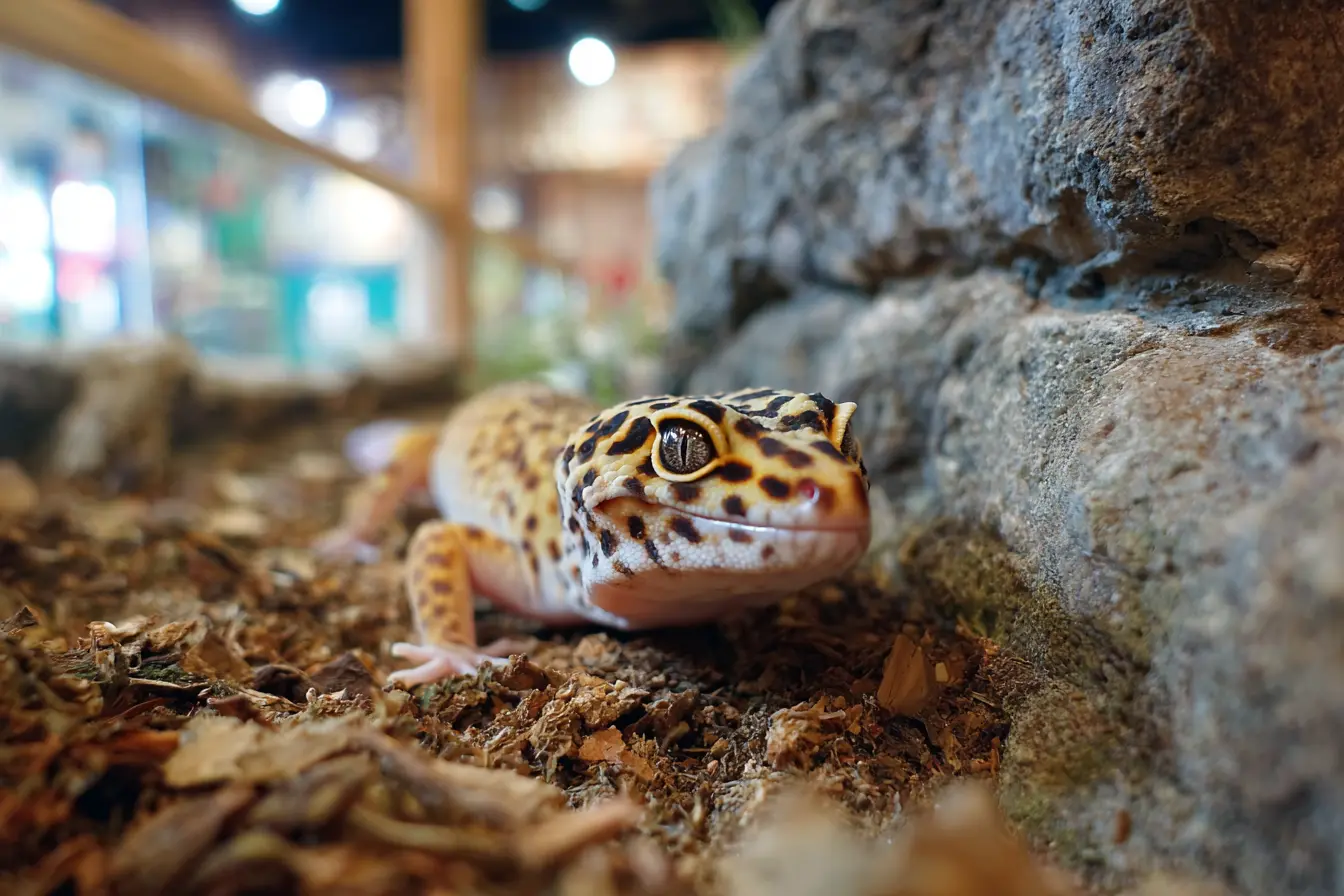
A Comprehensive Guide to Deworming Snakes
Snakes are fascinating creatures and increasingly popular pets, but like all animals, they are susceptible to internal parasites. Deworming is a critical part of responsible snake care, particularly for those living in shared enclosures. If left untreated, internal parasites can lead to a range of health problems—from subtle weight loss to life-threatening systemic illness. This guide provides all the information you need about deworming snakes, including common parasites, symptoms, diagnostic tools, treatments, and prevention strategies.
Why Deworming Snakes Is Important
Internal parasites (helminths) in snakes can cause chronic illness and may be transmitted to other reptiles in the collection. Worms can also compromise the immune system, leading to increased susceptibility to secondary infections. Proper deworming ensures:
- Healthy digestion and nutrient absorption
- Strong immune function
- Prevention of disease spread in collections
- Improved longevity and quality of life
Deworming is especially vital for new acquisitions and snakes showing signs of illness.
Common Internal Parasites in Snakes
Several species of worms and protozoans may infect snakes. The most common helminths include:
Nematodes (Roundworms)
- Found in the gastrointestinal tract
- Can migrate to other organs
- Cause weight loss, regurgitation, lethargy, and poor condition
Oxyurids (Pinworms)
- Typically found in colubrids and other insectivorous snakes
- Often asymptomatic, but heavy loads can lead to irritation and diarrhoea
Strongyles
- Burrowing worms found in the intestinal lining
- Cause inflammation, bleeding, and secondary bacterial infections
Capillarids
- Thin, hair-like worms found in the digestive tract or lungs
- May cause respiratory symptoms and inflammation
Tapeworms (Cestodes)
- Attach to the intestinal wall
- Require intermediate hosts (e.g. rodents or insects)
- Can cause weight loss and malabsorption
Lungworms
- Migrate to the lungs, often seen in wild-caught snakes
- Lead to wheezing, open-mouth breathing, and respiratory distress
Signs of Worm Infestation in Snakes
Signs of parasitism can be subtle, especially in the early stages. Be alert for the following symptoms:
- Poor body condition or failure to thrive
- Regurgitation or vomiting
- Loss of appetite or irregular feeding
- Lethargy
- Weight loss despite eating
- Diarrhoea or unusually smelly faeces
- Visible worms in faeces or regurgitated material
- Respiratory issues (in the case of lungworms)
Note that some snakes may carry low-level infections without symptoms, which is why routine faecal screening is so important—especially before breeding or introducing new animals.
How Snakes Get Worms
Snakes typically contract internal parasites through:
- Ingesting infected prey (especially wild-caught rodents or amphibians)
- Exposure to contaminated substrates, water, or enclosures
- Co-habiting with infected snakes
- Insect vectors in some cases (e.g. for tapeworms)
Wild-caught snakes almost always carry some form of parasitic load and should never be introduced to a collection without proper quarantine and testing.
Diagnosing Worm Infestations
Accurate diagnosis is essential before any treatment. Don’t rely on guesswork—seek professional help. Diagnostic steps include:
Faecal Examination
- A qualified exotic vet will examine a fresh faecal sample under a microscope
- Direct smears and flotation techniques detect eggs, larvae, or protozoa
- Repeat testing may be needed, as some parasites shed intermittently
Endoscopy or Imaging
- In cases of lungworm or organ migration, more advanced tools like endoscopy or X-rays may be used
Post-mortem Analysis
- In cases of unexplained death, necropsy can reveal parasitic infestations not detected during life
Deworming Medications for Snakes
Several anti-parasitic drugs are used in snakes, depending on the type of worm involved. Never administer medication without veterinary guidance.
Fenbendazole (Panacur)
- Broad-spectrum dewormer used against nematodes and some tapeworms
- Typically administered orally
- Safe and widely used
- Dosage and frequency vary by species and condition
Ivermectin
- Highly effective against many nematodes and ectoparasites
- Can be toxic to some reptile species (especially indigo snakes and some colubrids)
- Usually injected or given orally
- Strictly vet-prescribed
Metronidazole
- Not a dewormer, but often prescribed alongside for protozoal infections (e.g. flagellates)
- May be combined with wormers for broader parasite control
Praziquantel
- Effective against tapeworms and some flukes
- Usually combined with other medications
- Dosage requires precision and vet supervision
Note: Many medications have off-label use in reptiles. Dosage depends on the snake’s species, weight, parasite load, and overall health status.
Deworming Schedule and Protocol
There is no one-size-fits-all schedule for deworming snakes, but general recommendations include:
- Initial treatment after acquisition, especially for wild-caught or rescue snakes
- Repeat dose in 10–14 days to target larvae emerging after the first treatment
- Faecal recheck 2–4 weeks post-treatment
- Routine screening every 6–12 months in captive collections
Avoid deworming unnecessarily. Overuse of medications can lead to resistance and gut flora imbalance.
Natural or Alternative Deworming
There are no scientifically proven or safe “natural dewormers” for snakes. Common herbal or food-based remedies used in mammals or birds can be toxic or ineffective for reptiles. Always consult a reptile-savvy vet rather than using over-the-counter or DIY treatments.
Preventing Parasite Infections in Snakes
Prevention is the best medicine. Use the following practices to reduce the risk of internal parasites:
- Quarantine new snakes for at least 90 days
- Test all new acquisitions before introducing them to other reptiles
- Feed captive-bred prey items only (avoid wild-caught rodents or amphibians)
- Clean enclosures regularly and spot clean daily
- Disinfect water bowls and hides weekly
- Avoid housing multiple species together
- Use separate tools and containers for quarantined animals
- Maintain optimal humidity and temperature for immune support
Can Worms Be Transmitted to Humans?
Most reptile parasites are host-specific and do not infect humans. However, good hygiene is still essential:
- Wash hands after handling snakes or cleaning enclosures
- Avoid contact with faeces or contaminated bedding
- Keep feeding and cleaning equipment separate
Conclusion
Deworming snakes is a vital part of their long-term health and should never be overlooked—especially in newly acquired animals. With the help of a qualified exotic vet, appropriate diagnostics, and effective treatment plans, most parasitic infestations can be cleared up with minimal stress to your snake.
If you’re unsure whether your snake needs deworming, arrange a faecal examination and avoid guesswork. A proactive approach will keep your snake healthy, thriving, and parasite-free.
Contents
- Why Deworming Snakes Is Important
- Common Internal Parasites in Snakes
- Signs of Worm Infestation in Snakes
- How Snakes Get Worms
- Diagnosing Worm Infestations
- Deworming Medications for Snakes
- Deworming Schedule and Protocol
- Natural or Alternative Deworming
- Preventing Parasite Infections in Snakes
- Can Worms Be Transmitted to Humans?
- Conclusion
Tags
Vets near you
Speciality vets
- Aquatics vet specialists
- Birds vet specialists
- Camelids vet specialists
- Cats vet specialists
- Cattle vet specialists
- Deer vet specialists
- Dogs vet specialists
- Equines vet specialists
- Exotic vet specialists
- Goats vet specialists
- Pigs vet specialists
- Poultry vet specialists
- Sheep vet specialists
- Small Mammals vet specialists
- Wild vet specialists
Vet facilities
- Accessible by public transport
- Blood testing
- Car park nearby
- Client car park
- Dentistry
- Diagnostic imaging
- Disabled public access
- Flea and worm treatments
- Microchipping
- Mobile services
- Neutering
- Open at weekends
- Out-of-hours service
- Referral interests
- Referrals only
- Street parking outside
- Toilets available
- Vaccinations



